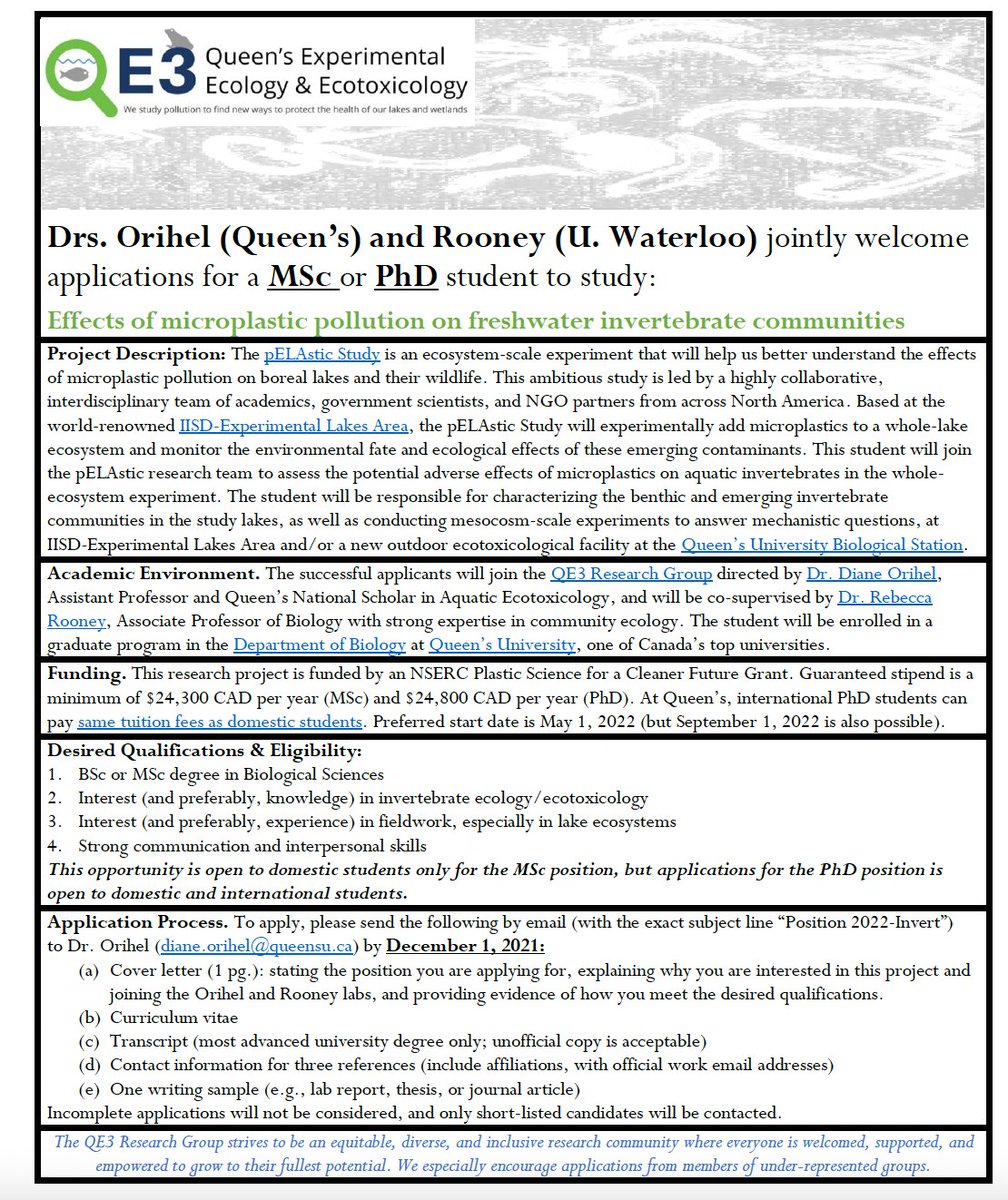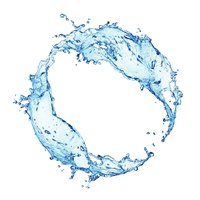
formbloom
@formbloom
Forecasting Tools and Mitigation Options for Diverse Bloom-Affected Lakes
ID: 896200526651682817
http://formbloom.ca 12-08-2017 02:43:50
174 Tweet
145 Followers
160 Following
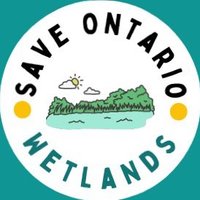
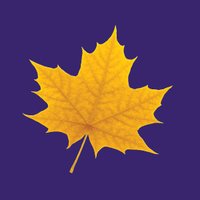

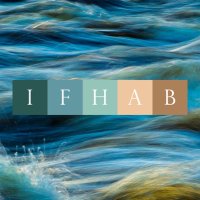
Plenary speaker Dr. Jason Venkiteswaran Jason Wilfrid Laurier University presented a fascinating re-analysis of long-term trends in algal biomass from one of the best-studied artificially fertilized lakes, Lake 227 IISD Experimental Lakes Area. Funded by formbloom #algae #bloom #lake

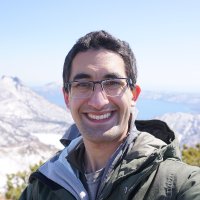
Interested in iron cycling or #boreal lakes? We find evidence of photoferrotrophs (bizarre photosynthetic bacteria) in the bottom waters of lakes at IISD Experimental Lakes Area via #metagenomics and cultivation. Pre-print at doi.org/10.1101/653014 @joshdneufeld

Preprint is out for our study on phytoplankton blooms at IISD Experimental Lakes Area! Long-term monitoring data + process-oriented modeling reveal interactions between higher temps and external fertilization, resulting in higher blooms. Collab w/ Jason RM Couture & Twitterless others

Conditions that cause a toxin-producing cyanobacteria bloom came early because of a v large rain event - these events are expected to become more frequent. Thus "effectively elongating the bloom season period of potential toxicity" Global Water Futures

"A visionary and passionate global research leader pushing forward the frontiers of aquatic sciences in a bold manner," that's our Dr. Helen Baulch - 2020 U of Saskatchewan New Research Award Winner. Congratulations Helen! Prairie Water Global Water Futures formbloom



Here's a new Global Water Futures Publications from our Global Water Futures work on a cyano bloom affected reservoir. The reservoir was originally built to ensure summer river flows. It's used by many people. Increases in extreme rainfall now make toxin-producing blooms occur earlier in the summer.


Please check out this MSc position with Catherine Dieleman and I! An amazing combination of Northwest Territories-base field research on caribou forage recovery and fun with lichens in the greenhouse 👇
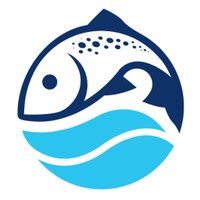

New opportunities to join QE3 Research Lab Queen's University! MSc and PhD to study the fate and effects of microplastics in freshwater communities. Whole-lake and mesocosm experiments IISD Experimental Lakes Area and QUBS. Co-supervised by Dr. Jennifer Provencher or Dr. Rebecca Rooney. #cdnsci #ecotoxicology #ecology
